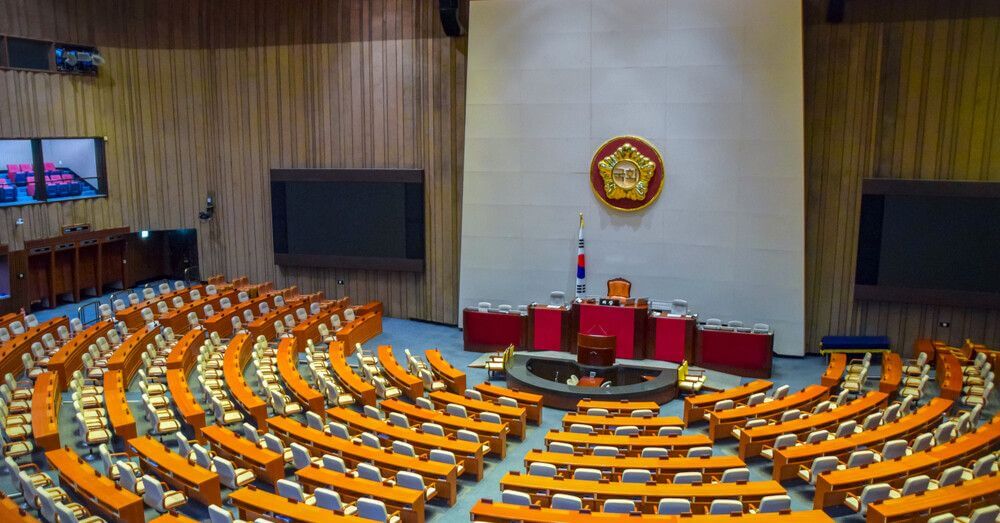
The government is still discussing the possibility of implementing a tax on the local crypto industry
Local media reports reveal that the South Korean Parliament is reviewing a bill from the private sector that allow the government to tax all profits made from cryptocurrencies.
This tax will also apply to income from initial coin offerings (ICOs) and mining operations, if approved by parliament.
Yang Kyung-sook, a representative of the Democratic Party, also put forward an amendment that would classify digital assets as commodities, as opposed to their current status as currencies.
This follows a court ruling regarding Bitcoin, which stated that while virtual assets have only been recognised as a function of a currency, they are increasingly being used as goods with property value.
“Until now, virtual assets have been recognised only as a function of currency and have not been subject to income tax, but recently, virtual assets are increasingly being traded as goods with property value. Considering various conditions, such as the recognition of intangible assets with property value, the necessity of taxation, and the recognition of the property value of virtual assets are being raised at the same time,” the ruling states.
The local government is expected to wrap up discussions regarding the taxation of income from crypto transactions after years of discussions regarding virtual assets.
Earlier this year, the South Korean Government was reported to be discussing the imposition of a 20% tax rate on income from cryptocurrencies. While the country does not yet have any specific taxation standards for crypto assets in place, the finance ministry has been considering the reclassification of returns made on cryptocurrencies to “other income”. This means that all crypto profits become subject to 20% tax; the same tax rates that applies to lottery winners.
An economist from Yonsei University, Sung Tae-Yoon, has voiced concerns that taxing crypto capital gains in the country may hinder the development of the local tech industry.
South Korea is known to be welcoming towards investing, trading and otherwise developing cryptocurrencies locally. However, authorities are still uncertain about the stance the country must take when it comes to regulating the virtual asset class.
The central bank is also interested in the development of a central bank digital currency (CBDC); however, it is currently taking a “wait and see” approach as of the moment.
In November 2019, South Korea’s tax agency imposed an 80.3 billion won ($66 million USD) withholding tax on the country’s largest crypto exchange: Bithumb Korea.

